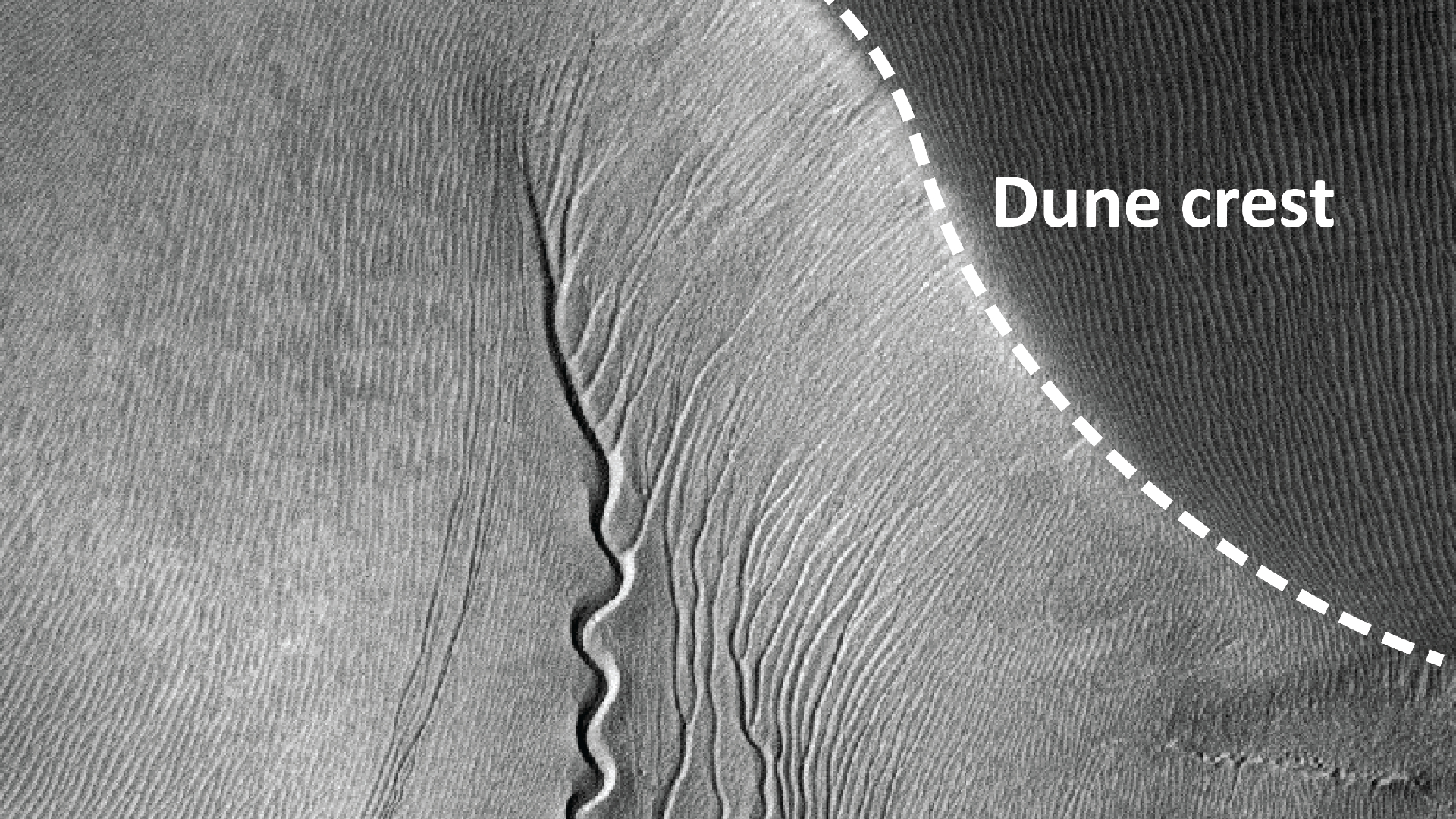Titan's Thunder Could Point to Alien Lightning
Space probes have snapped stunning photos of Saturn'slargest moon Titan, but the sounds of the cloudy satellite ? and, in fact, ofmost alien planets ? still remain largely a mystery. Now, scientists aredeveloping new sound sensors to detect thunder on Titan that could potentiallybe used to track lighting in the moon's atmosphere.
Computer models created from recent data from NASA'sCassini spacecraft, the European Huygens that landedon Titan, and the Voyager missions launched in the 1970s have suggestedthat lightning should be possible on Titan based on the characteristics of its atmosphericelectricity.
Despite that encouragement, scientists have yet to findconclusive evidence of lightning on Titan,though the moon's parent planet Saturn has offered stunning lightning showsrecorded by Cassini.
Where is Titan's lightning?
Current models show that the hydrocarbon clouds insideTitan's troposphere (the lowest portion of the atmosphere) can accumulateenough charge to develop electric fields that overcome the threshold forlightning in the nitrogen-methane mix that constitutes Titan'satmosphere, said study author Andi Petculescu, a professor of physics atthe University of Louisiana at Lafayette.
According to these current models, the typicalcloud-to-ground discharge length of Titanian lightning is estimated at 12.4miles (20 km).
Through a series of simulations in the preliminary study,Petculescu found that Titan's thunder should peak at approximately 100 Hertz.
Breaking space news, the latest updates on rocket launches, skywatching events and more!
"The structure of Titan's troposphere is such that anobserver on the surface would receive the acoustic rays generated by the first200 to 300 meters (656 to 984 feet) of the discharge channel, the rest beingrefracted upward," Petculescu told SPACE.com. ?
Titan is special
Titan's environment is unique because it is the only moon inthe solar system with a significant atmosphere.
The temperature on the icy moon is a chilly minus 288 degreesFahrenheit (minus 178 degrees Celsius). Titan also ?has an atmospheric pressurethat is almost double what is found on the Earth's surface.
"What sets it apart is its heavy hydrocarbon presence,"Petculescu said. "Imagine methanerain, snow, rivers, seas, and volcanoes, all at minus 178 degrees Celsius!"
While Titan's atmosphere is composed primarily of nitrogen,approximately five to 10 percent is made up of hydrocarbons, of which methaneis the dominant species, Petculescu said. Compared to other alien atmospheres,this five to 10 percent is actually considered a fairly high concentration ofmethane.
"Currently the heavy presence of methane is not wellunderstood," Petculescu said. "One of the hypotheses is that it couldbe due to "methanogenic" bacteria living deep inside [Titan's] crust."
Sounds on Titan's surface
Petculescu's models of Titan's acoustic environment alsosuggest some interesting differences. Based on these models, sound waves inTitan's atmosphere travel slower than on Earth ? 656 feet per second (200meters per second) compared to 1,115 feet per second (340 meters per second) onEarth.
Sound would also travel with less attenuation on Titan,Petculescu said. This means that less sound energy is loss through scatteringand absorption, allowing acoustic frequencies to travel farther on Saturn'slargest moon than on Earth.
"Thus, one could say that Titan is ? acoustically ? avery "inviting" environment," Petculescu said.
If lightning is detected on Titan, the discovery would markan important milestone in the field of climate physics.
"So far, the only world where lightning is 100 percentconfirmed is Earth," Petculescu said. "So, unequivocal discovery oflightning on Titan would be significant in itself."
According to his study, extraterrestriallightning is confirmed on Jupiter and Saturn, probable on Venus, Uranus andNeptune, and thought to be probable on Titan.
What Titan's lightning would mean
The detection of lightning on Titan would also have importantimpacts on atmospheric studies, Petculescu said, since analysis of lightning wouldalso include examinations of atmospheric chemistry, composition and dynamics.
Furthermore, lightning is thought to be one of the mainsources for possible organic chemistry on Titan.
"Since Titan's environment is not unlike that ofpre-biotic Earth, further studies of lightning can shed light on lifeemergence not only on early Earth but also, possibly, on Titanitself," Petculescu said.
The study hopes to expand upon existing acoustic studies,while also demonstrating the benefits of having acoustic sensors onboardplanetary science missions.
Acoustic sensors could provide a more direct way to detectlightning, and Petculescu envisions these sensors working in tandem withelectromagnetic sensors to "corroborate the occurrence of alien lightningbeyond the shadow of a doubt."
Next, the researcher hopes to further develop this study inorder to synthesize realistic planetary "soundscapes" thatincorporates data from planetary science missions and theoretical models,perhaps even one day presenting these findings in surround-sound.
"This will benefit educational programs, mass media,planetaria, museums, and even Hollywood when it picks up on the benefits ofadding acoustic realism to documentary films and, why not, action movie,"Petculescu said.
- Images- European Probe Lands on Titan
- Gallery- Imagining Saturn and Titan
- PowerfulLightning at Saturn Revealed in Video
Join our Space Forums to keep talking space on the latest missions, night sky and more! And if you have a news tip, correction or comment, let us know at: community@space.com.

Denise Chow is a former Space.com staff writer who then worked as assistant managing editor at Live Science before moving to NBC News as a science reporter, where she focuses on general science and climate change. She spent two years with Space.com, writing about rocket launches and covering NASA's final three space shuttle missions, before joining the Live Science team in 2013. A Canadian transplant, Denise has a bachelor's degree from the University of Toronto, and a master's degree in journalism from New York University. At NBC News, Denise covers general science and climate change.
